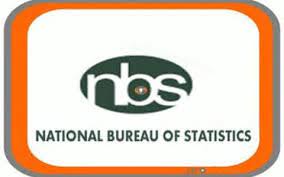According to data released by the National Bureau of Statistics (NBS), consumer prices in Nigeria maintained their recent uptrend, rising by 150 basis points to 33.20% year-on-year in March, compared to February’s reading of 31.70% year-on-year.
The persistent price pressures were attributed to several factors, including the exchange rate pass-through on consumer prices, lingering structural challenges affecting food supply, elevated gas and energy prices, and unfavorable base effects from the prior year.
As a result, food prices soared by 209 basis points to 40.01% year-on-year, marking a 19-year high. Core inflation also increased by 77 basis points to 25.90% year-on-year, reaching its highest level since March 2004 when it stood at 32.60% year-on-year.
However, on a month-on-month basis, the headline inflation moderated slightly by 10 basis points to 3.02%, primarily due to a slowdown in food price increases.
Looking ahead, analysts expect headline inflation to continue being influenced by base effects from the prior year, the recent hike in electricity tariffs, and increased demand associated with the Eid-el-Fitr festivities. Consequently, they anticipate a month-on-month headline inflation of 3.27% in April, translating to a year-on-year reading of 34.98%.















